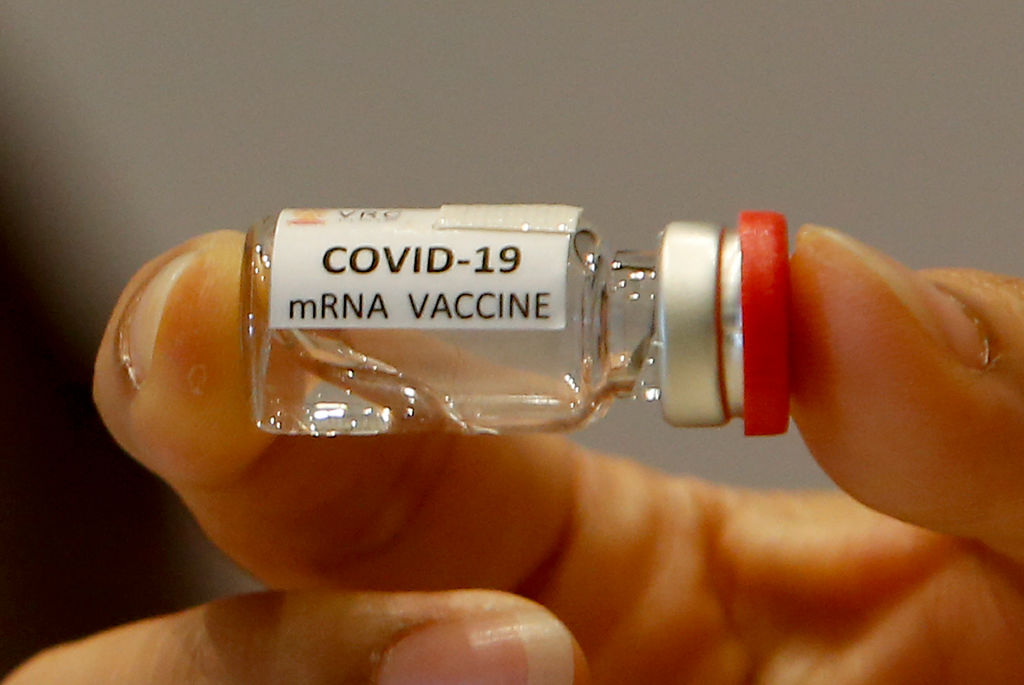A recent Swiss study has indicated more frequent occurrence of heart injury following the administration of Moderna’s mRNA Covid-19 booster than previously believed.
Researchers found that 2.8 percent of health care workers, or one in 35, showed signs of myocardial damage, a higher rate than estimated for myocarditis cases following second vaccination.
“mRNA-1273 booster vaccination-associated elevation of markers of myocardial injury occurred in about one out of 35 persons (2.8%), a greater incidence than estimated in meta-analyses of hospitalized cases with myocarditis,” the researchers stated. They added that in a generally healthy population, this percentage would be around 1 percent.
University Hospital Basel professor Christian Muller, the lead researcher, voiced concerns about the potential lasting damage. “According to current knowledge, the cardiac muscle can’t regenerate, or only to a very limited degree at best. So it’s possible that repeated booster vaccinations every year could cause moderate damage to the heart muscle cells,” he said.
The study observed patients for only 30 days post-vaccination and found half to have elevated levels of high-sensitivity cardiac troponin T, an indicator of subclinical heart damage. However, the long-term implications of these findings remain unclear.
Within the follow-up period, no patients experienced a major cardiac event or showed electrocardiogram changes. Individuals with elevated levels were advised to avoid strenuous exercise, which may have prevented more severe complications.
In response to the study, American cardiologist Dr. Anish Koka stated on Twitter, “There is really nothing clinically concerning at 30 days to report,” but also recognized the value of the findings, describing them as “super useful to see how ‘cardioactive’ the booster is.”
This study raises further questions about the myocardial impacts of mRNA vaccines, particularly in the absence of imaging and comparison to baseline levels of troponin.
This research comes in the wake of several other studies examining myocarditis following mRNA vaccination, suggesting that the issue might be more prevalent than initially estimated.
Meanwhile, Moderna is required to conduct a study on the incidence of subclinical myocarditis following a booster among adults, with a projected completion date of June 30, 2023. As of now, the U.S. Food and Drug Administration (FDA) and Moderna have not disclosed the results of this study.













